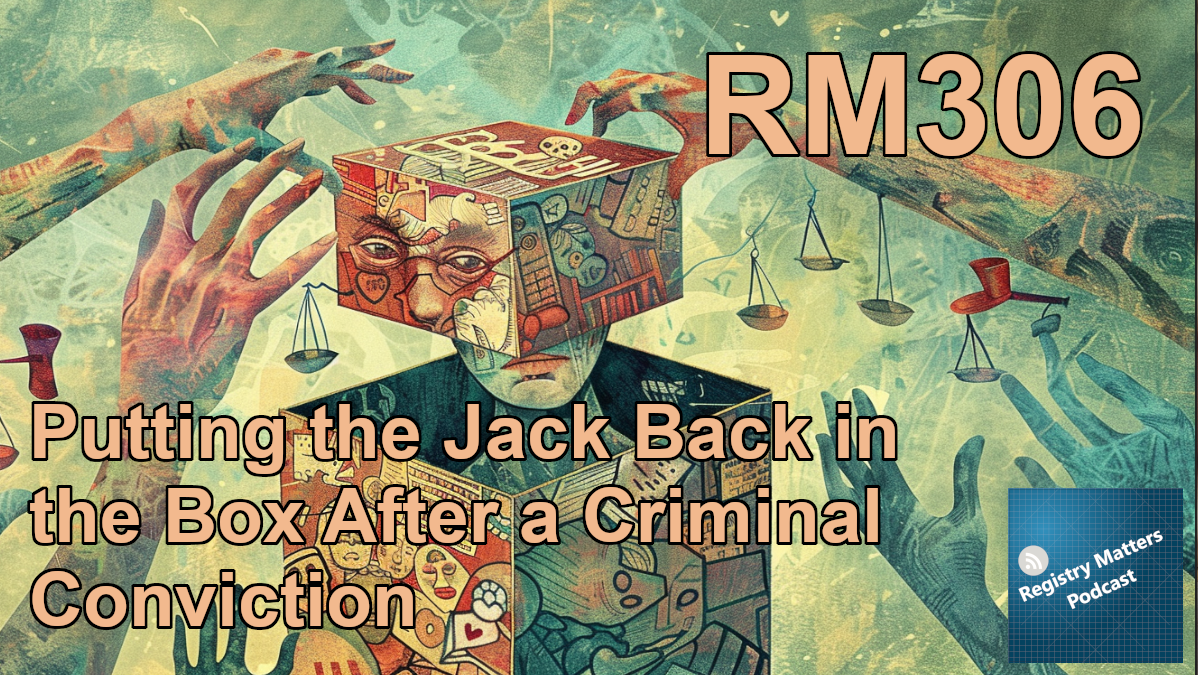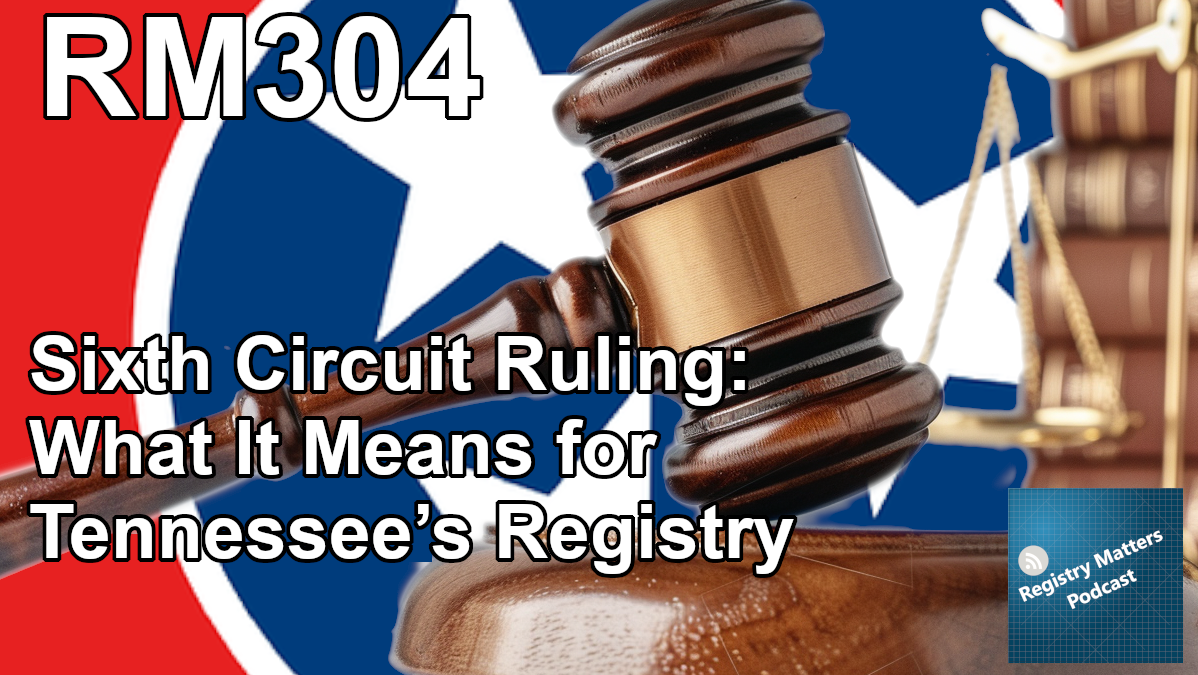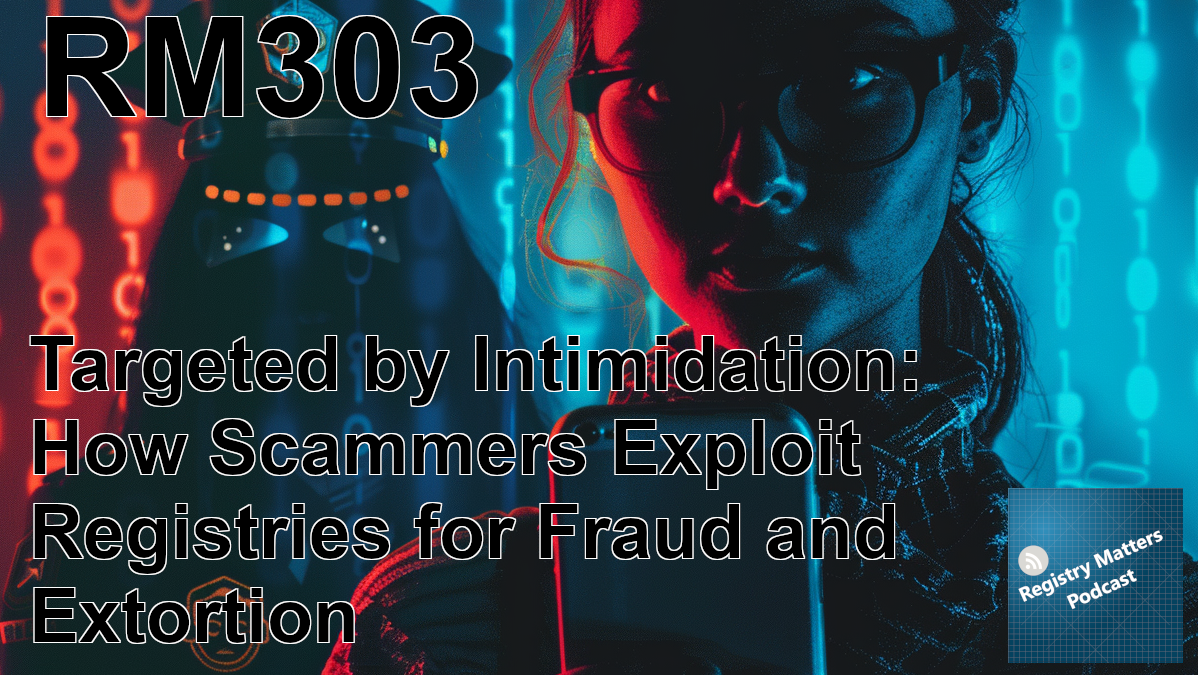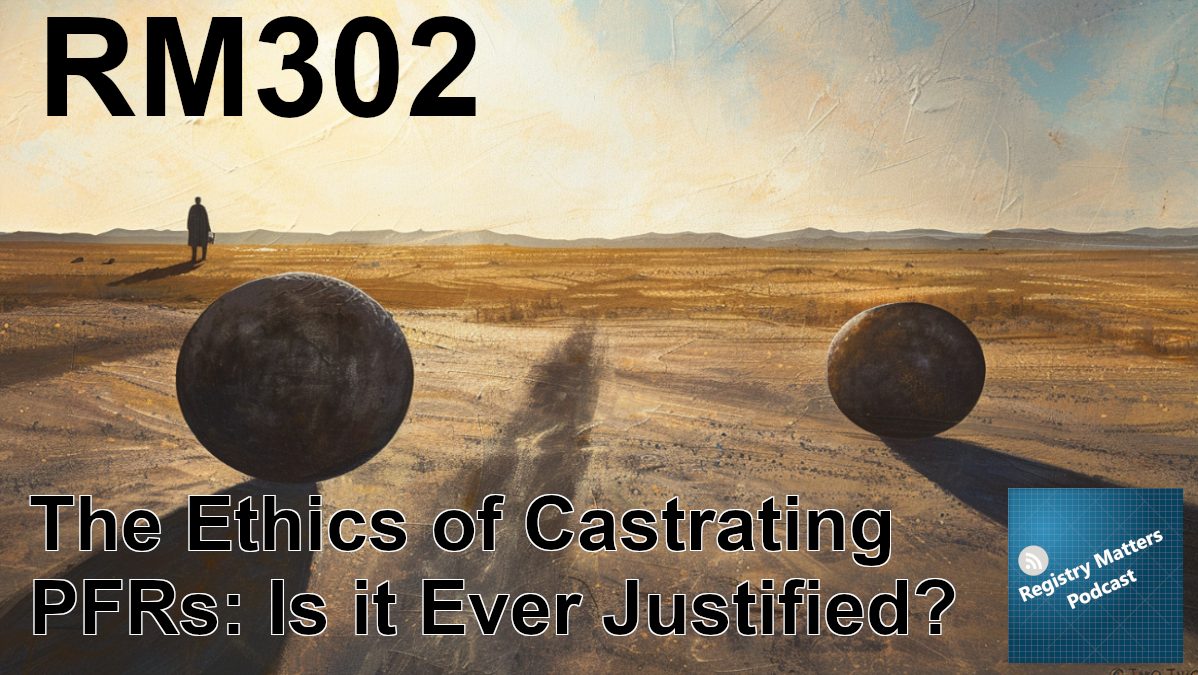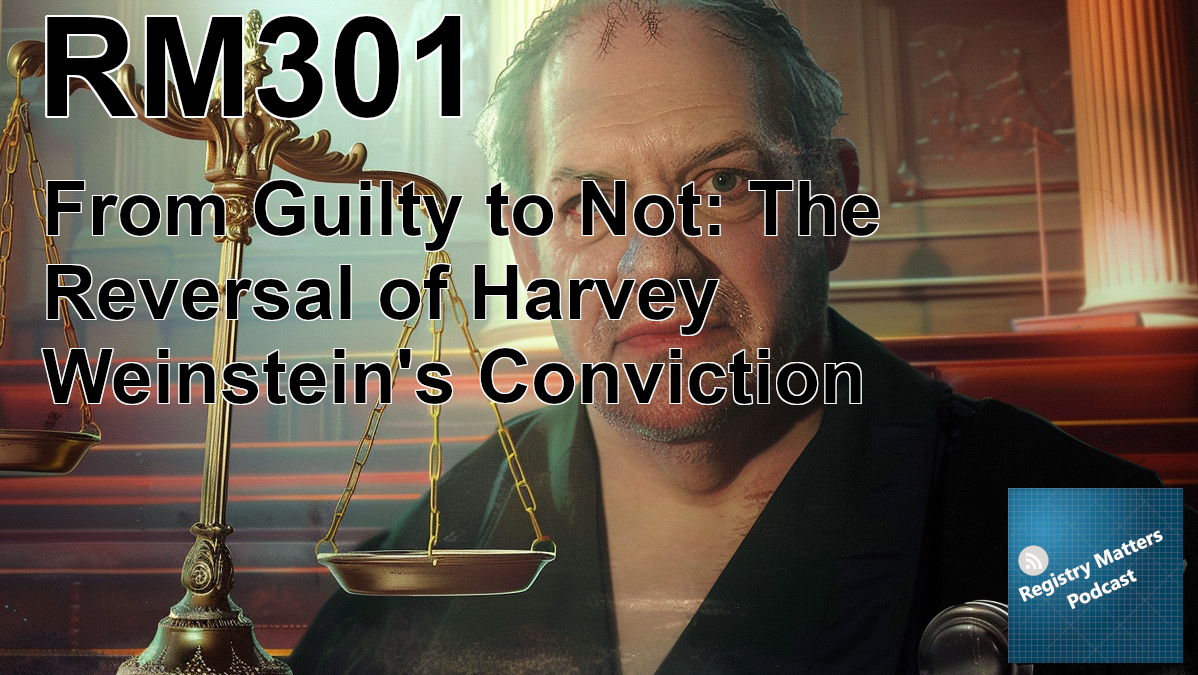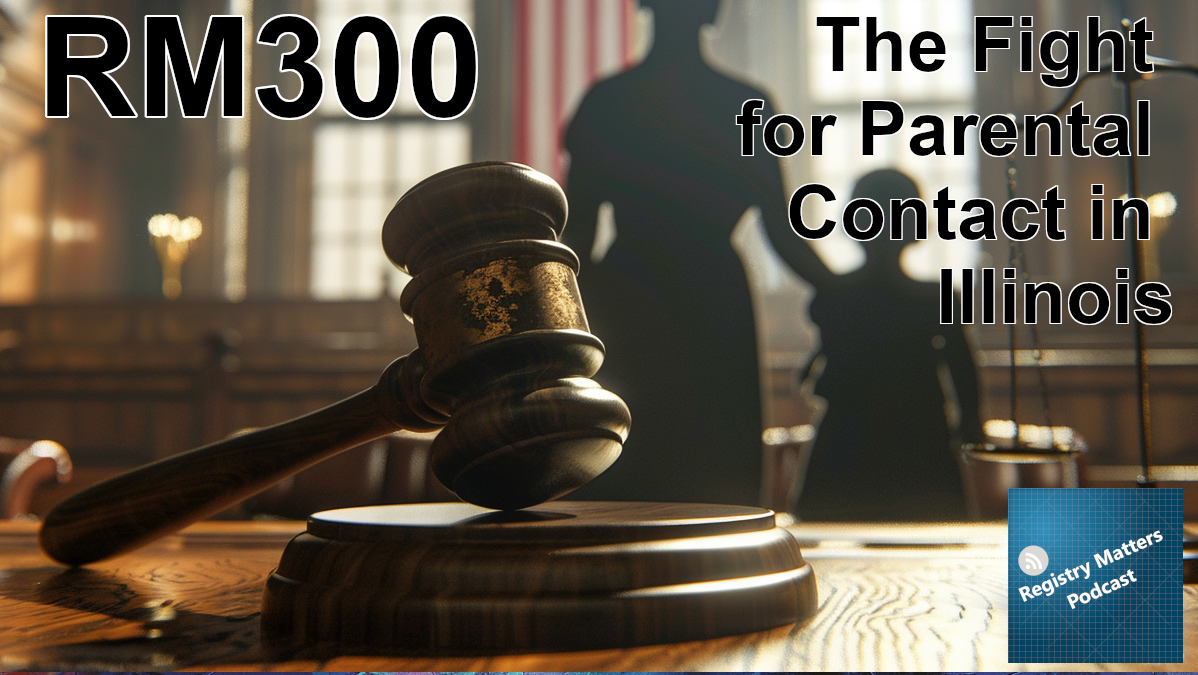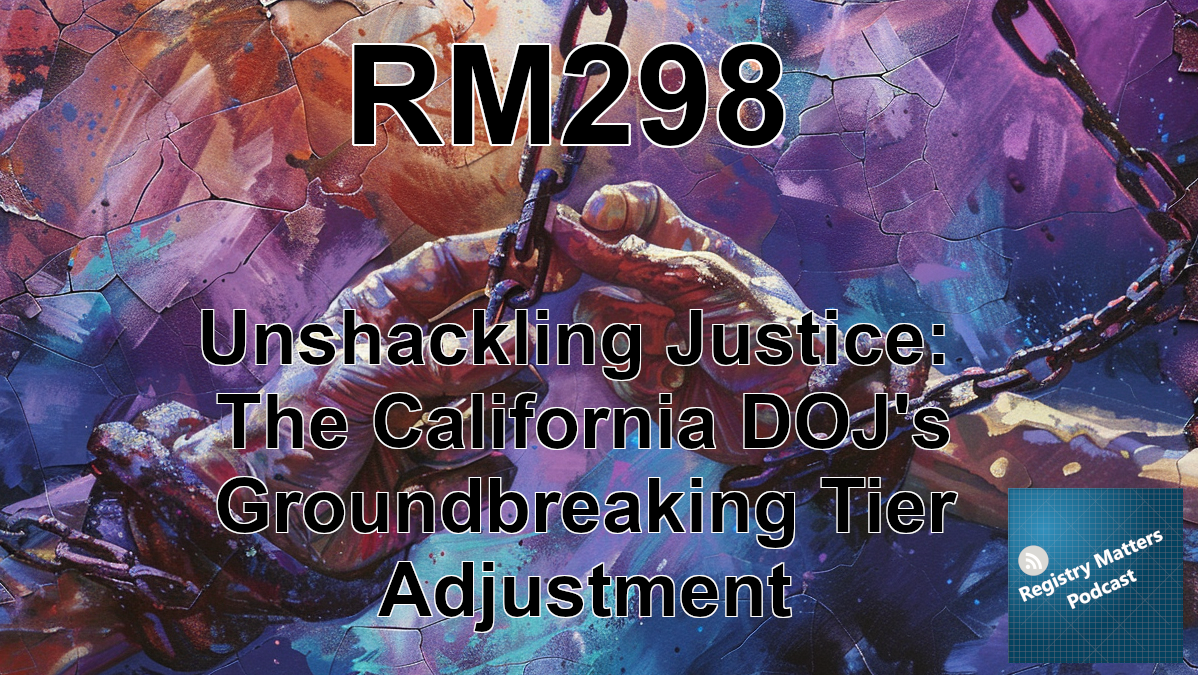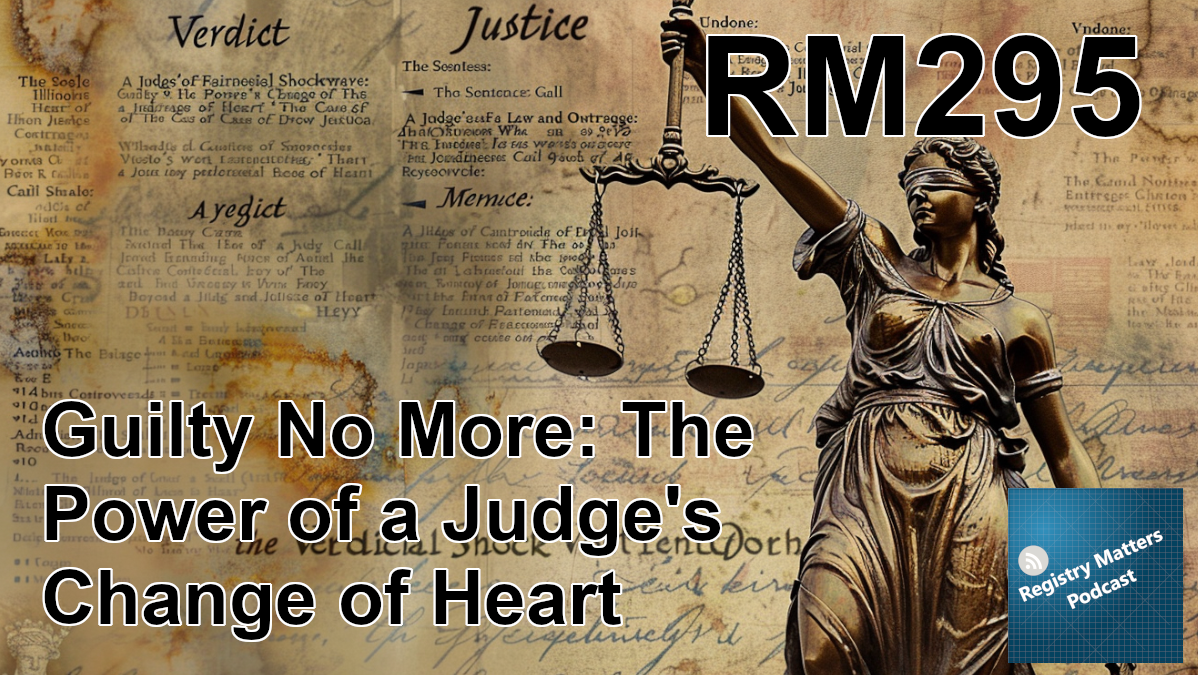In this episode, we don’t have any cases to discuss, but we do have some compelling content. Initially, I planned to talk about a complaint filed by the ACLU in New York regarding proximity restrictions, but I didn’t have the... Read More
In this episode, we delve into the intricacies of the McGuire case and its challenge to Alabama’s Sex Offender Registration and Community Notification Act (ASORCNA). We explore the key provisions contested as unconstitutional, including residency, employment, loitering, ID, and internet... Read More
[05:52] Listener question from YouTube: What are the correct vehicles to challenge the registry other than declaratory judgment? [21:57] A listener on federal supervision in Ohio was denied internet access by their PO, impacting job searches, healthcare, and education. This... Read More
[2:44] A scammer exploited the national sex offender registry to impersonate law enforcement and extort money from a registered individual at their workplace, prompting a call for protective measures from the Georgia Bureau of Investigation. [9:16] Episode 299 revisits polygraphs,... Read More
[2:12] We dive into the challenges of recanted testimony in legal cases, explaining why such testimony alone often isn’t sufficient to overturn a conviction. It highlights the unreliability of recantations and the complexities they introduce for prosecutors and the courts.... Read More
In this episode we dig deep into Harvey Weinstein’s overturned conviction by the New York Court of Appeals, focusing on legal aspects such as the admissibility of prior bad acts under Rule 404(b) and Molineux application. The conversation delves into... Read More
In this episode, we delve into a mix of intriguing legal and travel-related issues. First, we explore the implications of renouncing U.S. citizenship and the subsequent requirements for registry when visiting as an EU citizen. We then dissect a pivotal... Read More
In this episode, our legal experts delve into the case of a former police officer who has secured a plea deal potentially leading to probation. Recently relocated to Texas, he faces challenges regarding the transfer of his probation supervision from... Read More
In a significant development, the California Department of Justice (CA DOJ) has agreed to lower the tier assignments for individuals convicted of attempted offenses, following a lawsuit challenging the practice of equating attempt crimes with their completed counterparts for registry... Read More
This episode will feature a varied mix of content. We’ll provide updates on legislation in West Virginia and review some pertinent articles. The highlight of the episode will focus on a judge who was ousted in Illinois. And we also... Read More

